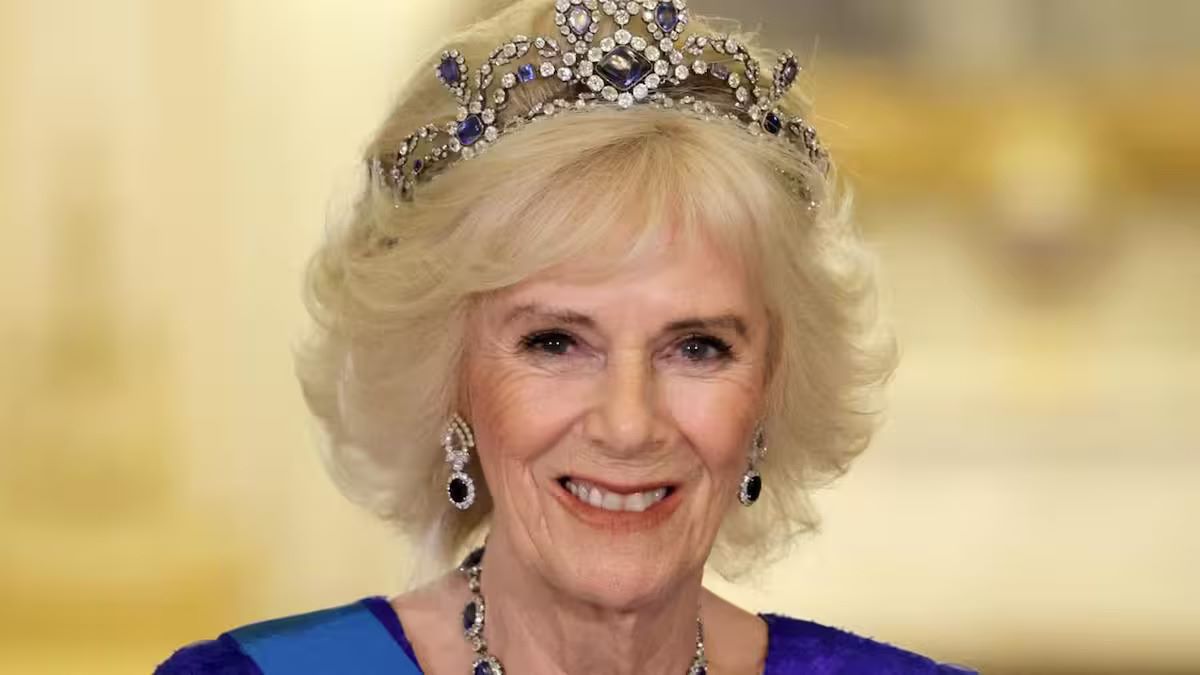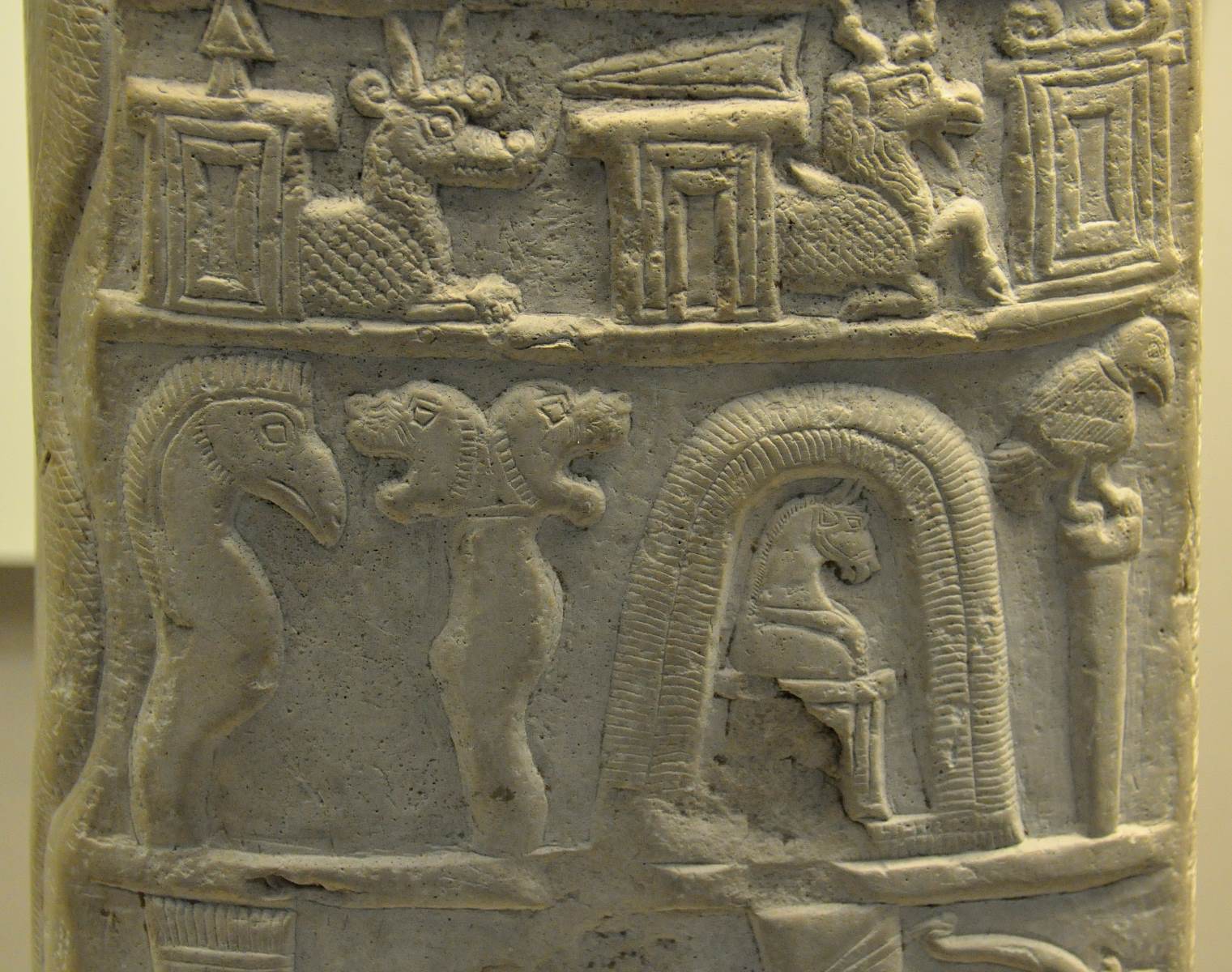
What was Camillagate? Camillagate, also known as the "Cambridge University scandal," erupted in 1993 when private phone calls between British Prime Minister John Major and his wife, Norma, were intercepted and leaked. Jonathan Aitken, a former Conservative Party official, accessed these calls through the phone system at Cambridge University. The News of the World published the intimate conversations, causing a media frenzy. Public reaction was mixed, with some outraged by the invasion of privacy and others viewing it as a legitimate exposé. The scandal led to significant political fallout, legal consequences for Aitken, and raised important questions about privacy, media ethics, and public trust in politicians.
What Was Camillagate?
Camillagate, also known as the "Cambridge University scandal," rocked the UK in 1993. It involved the interception and publication of private phone calls between British Prime Minister John Major and his wife, Norma. Let's dive into the details.
-
Background: The scandal began in 1993 when Jonathan Aitken, a former Conservative Party official, intercepted private phone calls between John Major and his wife, Norma. Aitken had access to the phone system at Cambridge University, where he was working at the time.
-
The Leaked Calls: The intercepted calls were secretly recorded and later leaked to the press. The content of these calls included intimate conversations about personal matters, which were highly embarrassing for the Prime Minister.
Media Frenzy and Public Reaction
The media had a field day with the leaked calls, and the public's reaction was a mix of outrage and curiosity.
-
Media Coverage: The scandal broke in January 1993 when the News of the World, a British tabloid, published excerpts from the intercepted calls. The media coverage was extensive, with many newspapers and television stations reporting on the story.
-
Public Reaction: The public reaction was mixed, with some people expressing outrage over the invasion of privacy, while others saw it as a legitimate exposé of the Prime Minister's personal life.
Political Fallout and Legal Consequences
The scandal had significant political and legal repercussions for those involved.
-
Political Fallout: The scandal led to significant political fallout for John Major. His government faced criticism for its handling of the situation, and there were calls for his resignation.
-
Jonathan Aitken's Role: Jonathan Aitken was a key figure in the scandal. He had been a close friend of the Prime Minister and had access to the phone system at Cambridge University. Aitken later claimed that he had been motivated by a desire to expose what he saw as hypocrisy in Major's personal life.
-
Legal Consequences: Aitken was eventually charged with perjury and conspiracy related to his role in the scandal. He was found guilty in 1999 and sentenced to 18 months in prison.
Media Ethics and Privacy Laws
The scandal raised important questions about media ethics and the need for stronger privacy laws.
-
Media Ethics: The Camillagate scandal raised important questions about media ethics. Many argued that the publication of private phone calls was an invasion of privacy, while others saw it as a legitimate exposé of public figures.
-
Privacy Laws: The scandal highlighted the need for stronger privacy laws in the UK. In response, the government introduced new legislation aimed at protecting individuals' private communications.
Impact on Public Perception and Major's Premiership
The scandal had a lasting impact on public perception of politicians and John Major's time in office.
-
Public Perception of Politicians: The scandal contributed to a decline in public trust in politicians. Many people felt that politicians were not held to the same standards as ordinary citizens when it came to personal conduct.
-
John Major's Response: John Major initially denied any wrongdoing but later admitted to having made mistakes in his personal life. He apologized for any distress caused by the leaked calls.
-
Impact on Major's Premiership: The scandal damaged John Major's reputation and contributed to his declining popularity as Prime Minister. He eventually lost the Conservative Party leadership to William Hague in 1997.
Media Impact and Technological Advances
The scandal also marked a turning point in the relationship between the media and politicians, as well as highlighting the risks of modern technology.
-
Media Impact: The Camillagate scandal marked a turning point in the relationship between the media and politicians. It highlighted the power of the press to shape public opinion and influence political outcomes.
-
Technological Advances: The scandal also highlighted the potential risks of modern technology, particularly in terms of privacy and security. The interception of phone calls was facilitated by advances in telecommunications technology.
Public Interest vs. Privacy and Government Response
Balancing public interest with individual privacy became a hot topic, prompting government action.
-
Public Interest vs. Privacy: The scandal raised complex questions about the balance between public interest and individual privacy. While some argued that the public had a right to know about the personal lives of public figures, others believed that such information should remain private.
-
Government Response: The British government responded to the scandal by introducing new guidelines for the handling of sensitive information. This included stricter controls on the interception and publication of private communications.
International Implications and Historical Context
The scandal had far-reaching implications and occurred during a turbulent time in British politics.
-
International Implications: The Camillagate scandal had international implications, with many countries grappling with similar issues related to privacy and media ethics. It contributed to a global debate about the role of the media in public life.
-
Historical Context: The scandal occurred during a time of significant change in British politics. The Conservative Party was facing internal divisions, and the Labour Party was gaining momentum under the leadership of Tony Blair.
Legacy and Lessons Learned
The scandal left a lasting legacy and offered valuable lessons for the future.
-
Legacy of the Scandal: The Camillagate scandal remains a significant event in British political history. It highlighted the importance of privacy and the need for robust media ethics guidelines to protect individuals from invasive reporting practices.
-
Lessons Learned: The scandal provided valuable lessons for politicians, the media, and the public. It underscored the importance of transparency and accountability in public life while also emphasizing the need to respect individuals' privacy.
The Lasting Impact of Camillagate
Camillagate left a mark on British politics and media. The scandal, involving intercepted phone calls between John Major and his wife, Norma, exposed the delicate balance between public interest and privacy. It led to political fallout for Major, a decline in public trust, and a push for stronger privacy laws. Jonathan Aitken's role and subsequent legal consequences highlighted the ethical dilemmas faced by the media. The event underscored the need for transparency and accountability in public life while respecting individual privacy. It also showed the power of the press in shaping public opinion and political outcomes. Camillagate remains a cautionary tale about the risks of invading private lives, especially those of public figures. Its legacy continues to influence discussions on media ethics and privacy rights.
Was this page helpful?
Our commitment to delivering trustworthy and engaging content is at the heart of what we do. Each fact on our site is contributed by real users like you, bringing a wealth of diverse insights and information. To ensure the highest standards of accuracy and reliability, our dedicated editors meticulously review each submission. This process guarantees that the facts we share are not only fascinating but also credible. Trust in our commitment to quality and authenticity as you explore and learn with us.


